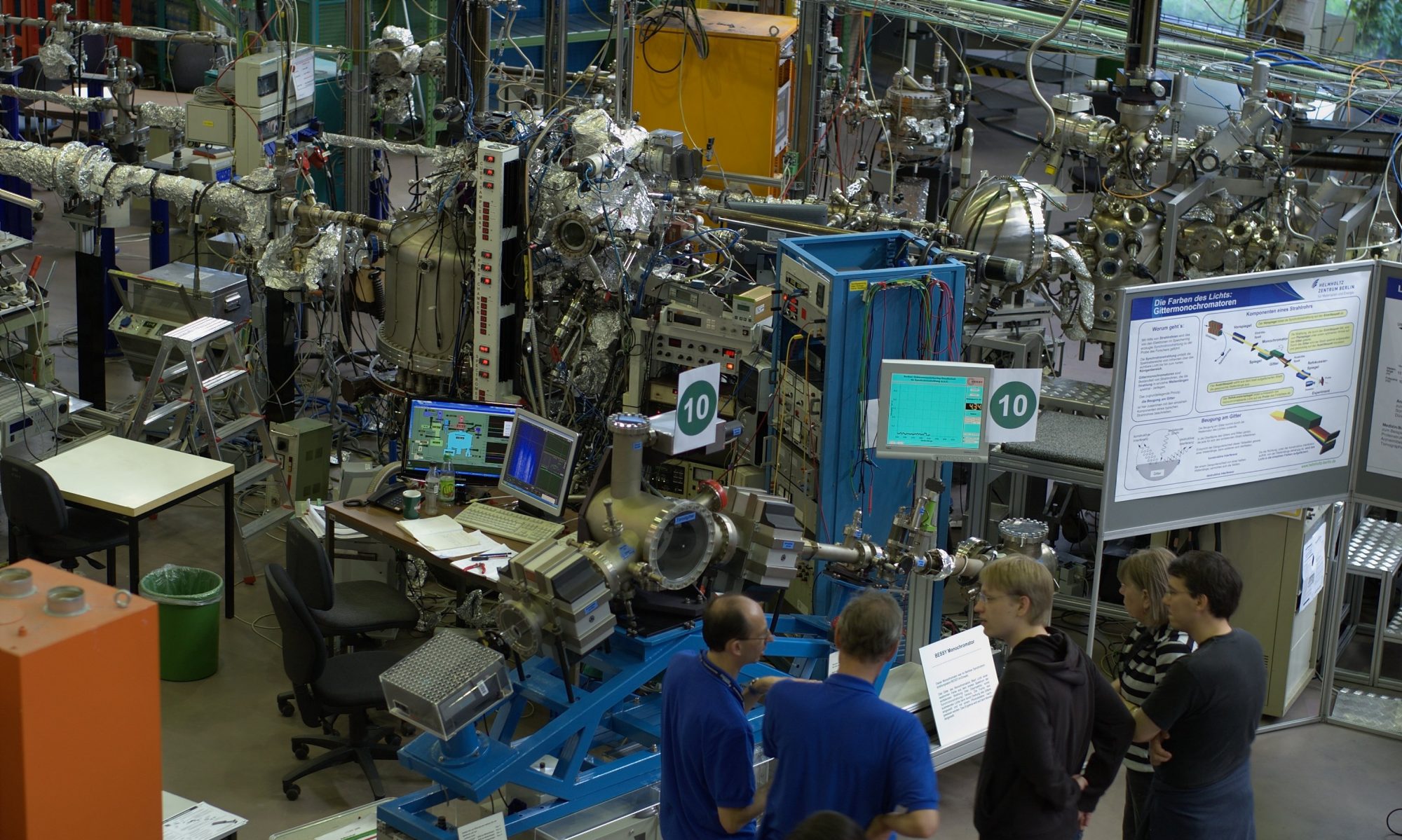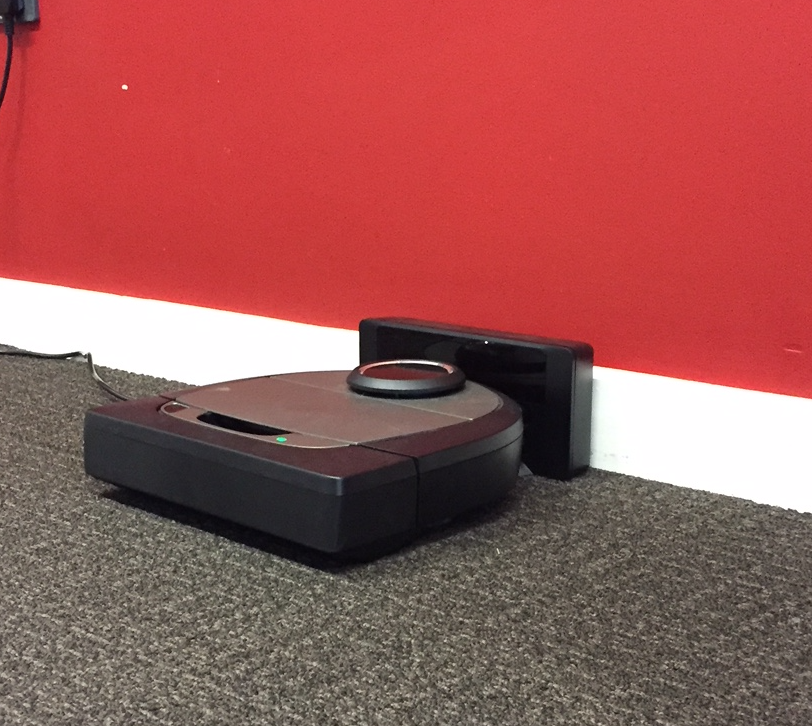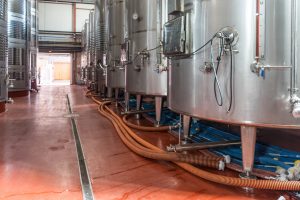My internship with the RoboClean team involved developing a custom Alexa skill to control Neato vacuum cleaners by voice. This will enable further development to link with the voice interface if required, as the other aspects of the project involve web systems and multi-agent systems. I also helped run a study to find out how users would interact with the potential system in a lab environment.
I enjoyed the work as it was in an area that interested me and had some challenges in the code to overcome, leading me to learn more about how the systems worked to explore different solutions. It was nice to be able to build on skills about Alexa development learnt in my 3rd year project and include linking to the neato API through HTTP requests and a 3rd party library. This included setting up the Account Linking on the Alexa skill and then adapting some of the code from libraries to work with node.js on the backend instead of front-end JS-based methods that were already in place.
Designing the interactions with the robot and the user was also very interesting as I wanted to make sure that the system would prompt for the necessary information about the robot, and location to clean, without becoming annoying for the user.
The internship will help with my studies and future work as it has given me experience of working with a research team, building on areas I had some experience in as well as expanding to other technical skills that I hadn’t used before, and will be useful in the future.
Written by Jane Slinger



